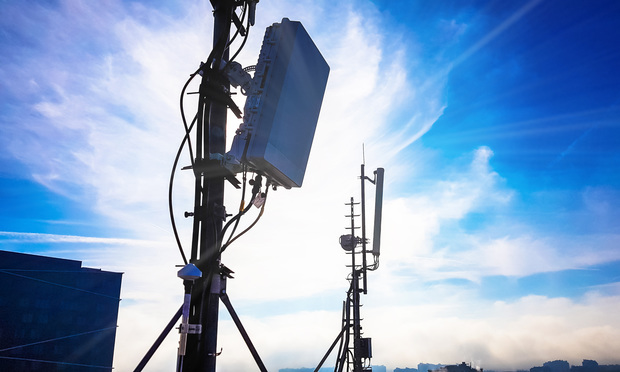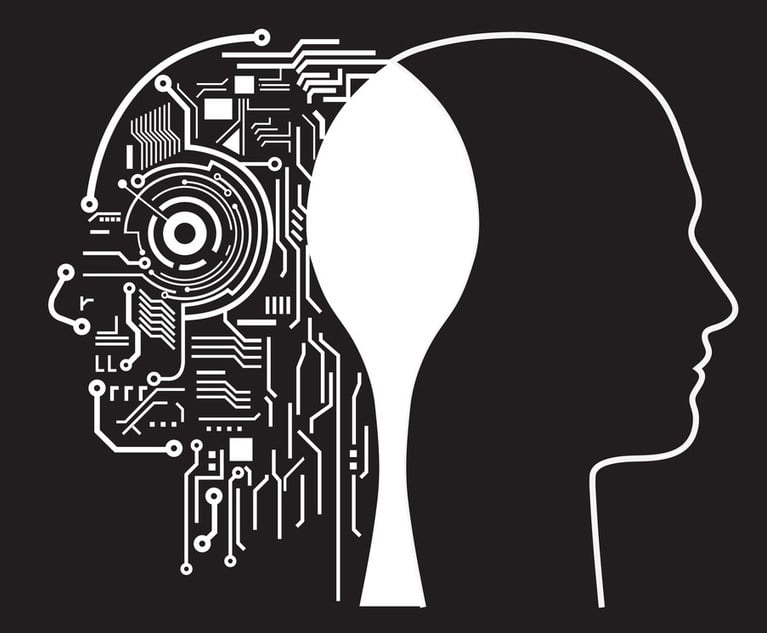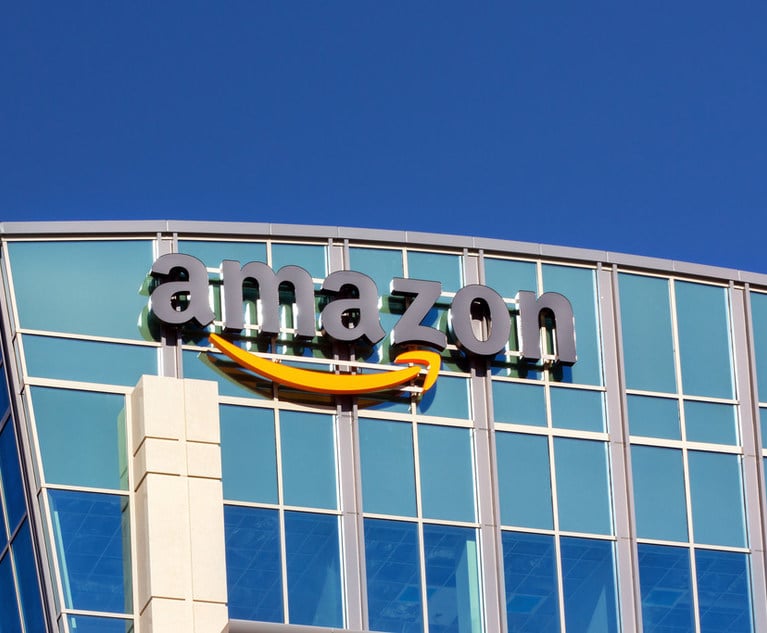5G technology provides wireless communication 10x faster than previous generations, rivaling fiber-optic cable speed, and is the first mobile technology capable of extending broadband wireless services to connected devices. An estimated 25 billion connected Internet of Things (IoT) devices will exist by 2025. The race is on to make 5G commercially available everywhere. When that happens, we will see radical changes in the way we communicate—and live.
5G promises to supercharge the IoT, autonomous vehicles, augmented reality, smart cities, mission-critical manufacturing, 3D videos, remote healthcare and regenerative medicine. Each of these and other 5G-enabled applications could change the shape of legal, risk, and regulatory environments, and collectively, they will usher in the Fourth Industrial Revolution. While prior industrial revolutions harnessed the power of steam, electric and information technology, the Fourth Industrial Revolution will fuse advanced technologies with high-speed wireless connectivity to blur the lines between the physical, digital, and biological spheres. The ensuing impact on our systems will transform how we produce, manage and govern our world and ourselves.
5G’s Role in Accelerating the Fourth Industrial Revolution
This content has been archived. It is available through our partners, LexisNexis® and Bloomberg Law.
To view this content, please continue to their sites.
Not a Lexis Subscriber?
Subscribe Now
Not a Bloomberg Law Subscriber?
Subscribe Now
LexisNexis® and Bloomberg Law are third party online distributors of the broad collection of current and archived versions of ALM's legal news publications. LexisNexis® and Bloomberg Law customers are able to access and use ALM's content, including content from the National Law Journal, The American Lawyer, Legaltech News, The New York Law Journal, and Corporate Counsel, as well as other sources of legal information.
For questions call 1-877-256-2472 or contact us at [email protected]


 Silhouette of 5G smart cellular network antenna base station on the telecommunication mast.
Silhouette of 5G smart cellular network antenna base station on the telecommunication mast.




